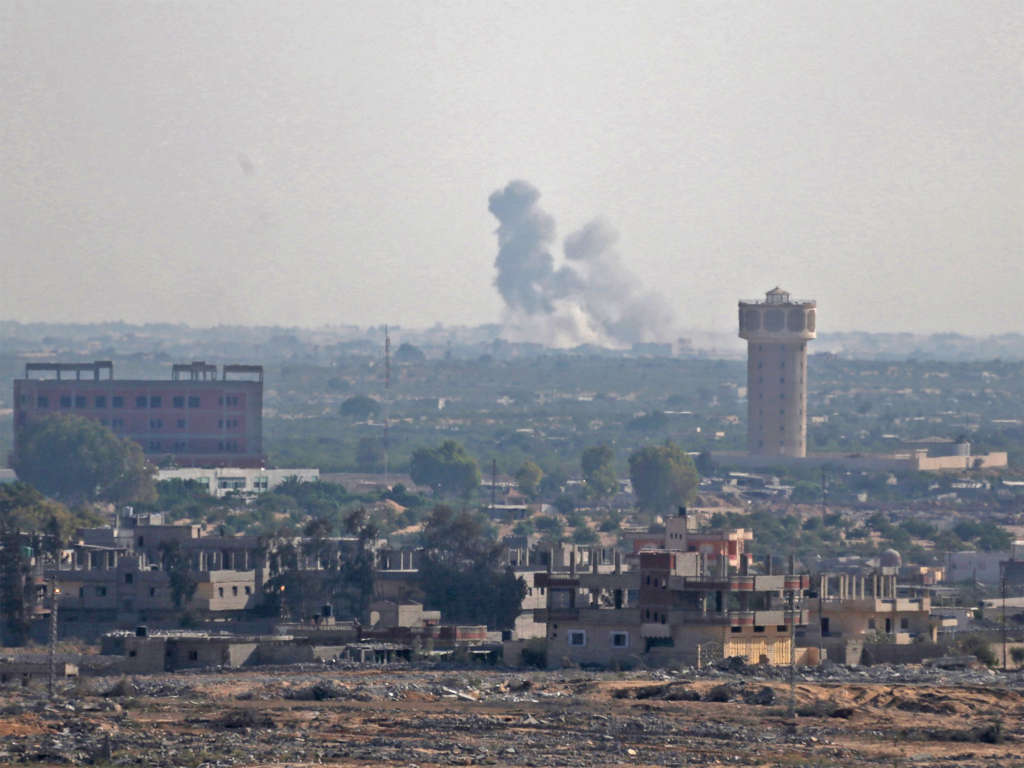Cairo- Sinai, the eastern gate of Egypt, has witnessed constant bloody scenes since 2013 in an open war launched by the Egyptian army against extremists who transformed the peninsula into a terrorist governorate.
According to the latest national statistics, terrorist attacks during the last three months of 2016 were 92.
Observers and analysts say that the bordering tunnels in Sinai extend on 15km along with Gaza Strip and form an underground network, through which arms and explosives are transported for use in attacks against the army.
Observers note that Sinai currently harbors extremist groups and international gangs with common interests that aim to weaken security.
Strategic reports show that many factors have contributed to the environment that allowed extremist groups to move freely in Sinai.
Three extremist organizations
The strategic reports say that a number of organizations have sought safe haven in the northeast region of Sinai since the end of the eighties.
Extremists began flourishing there after they were chased following the assassination of former Egyptian President Anwar el-Sadat in 1981 and many other operations that targeted Egyptian symbols. According to these reports, three groups “Salafi Jihadism”, “Islamic Jihad”, and “Takfir wal-Hijra” expanded in Sinai.
ISIS in Sinai
Last week, ISIS in Sinai announced it responsibility for killing 25 policemen in an attack in El Arish. This attack was one of many that have taken place over the past months. President Abdel Fattah el-Sisi said that his country conducts a real war against terrorism. He also revealed that over the past three months, the Egyptian security forces confiscated tons of explosives along with millions of Egyptian Pounds and U.S. Dollars hidden in underground depots.
Networks of tunnels
On the other hand, observers see that the networks of tunnels have been a major problem; in the past, they were used to help people in Gaza during the Israeli blockade, yet today they are used to transport explosives and arms to carry out attacks in Egypt.
In Sinai, the most dominating extremist organization is Ansar Bait al-Maqdis, which has pledged allegiance to Abu Bakr al-Baghdadi in 2014 and called itself Wilayat Sinai. However, the Egyptian government rejects this name and uses ISIS in Sinai in its media outlets. In fact, this organization has emerged after the Revolution of January 25, which toppled President Hosni Mubarak in 2011. Since the fall of Mohammed Morsi in 2013, in targeted gas pipelines, Egyptian security forces, security zones, and touristic buses near Taba City.
International organizations
Security expert Assayed Abdul Mohsen told Asharq Al-Awsat that Sinai incubates extremist members and international gangs of human trafficking. These members and organizations cooperate to serve their joint interests to weaken the national security and carry out attacks in the country. He added that ISIS Sinai announced many times that it has aimed at founding an “extremist Imara” in this region; However, security experts asserted that this goal can never be achieved considering the power balances.
A new study conducted by Al-Ahram Center for Political & Strategic Studies reported that the Bait al-Maqdis organization in Sinai was responsible for the majority of terrorist attacks in the last quarter of 2016; it has carried out around 89% of the attacks (92) while other random organizations were responsible for 11% of assaults.
Terrorist attacks
Among the major attacks carried out by the terrorist organizations was the attack in Taba, which killed 34 people in October 2004 and the explosions of Sharm al-Sheikh in July 2005 that killed 67 people; many attacks have also targeted the Egyptian army and killed several of its members since 2013.
Religious resistance
Dar al-Ifta al Misriyyah said that despite all the preparations and efforts made by these terrorist organizations; they have failed in controlling territories in Sinai so they cannot expand as they did in Syria, Libya, and Iraq. The courage of the Egyptian state and the bravery of its soldiers have been considered the main factor in banning terrorists from consolidating themselves in Sinai, it said.
